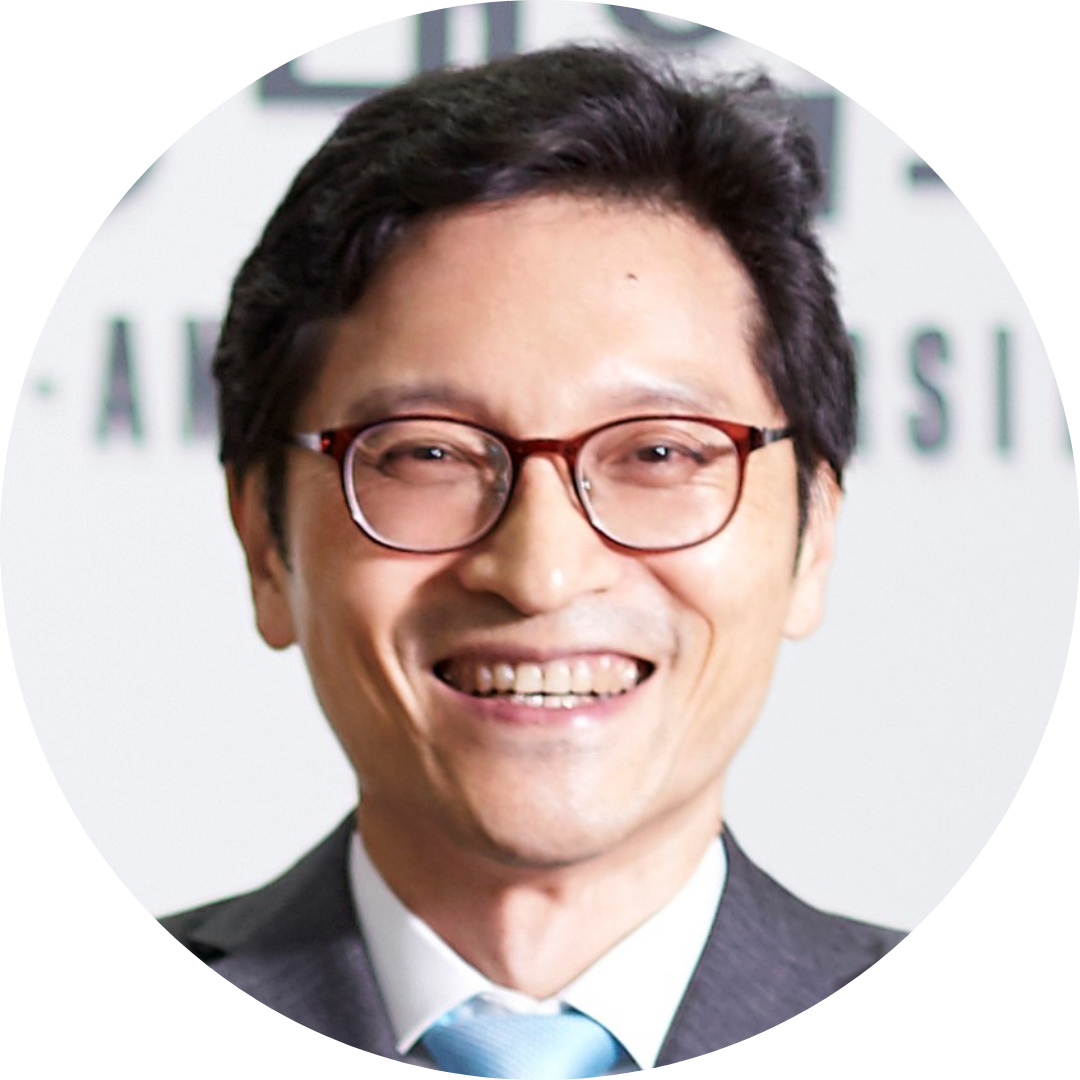Prof. Jun Hyun Hong


Prof. Jun Hyun Hong
Professor, School of Public Service, Chung-Ang University, Republic of Korea
Keynote Speech: How to Design COIL Courses from the Scratch
Biography:
Dr. Jun Hyun Hong is Professor of School of Public Service, Chung-Ang University in Seoul, Korea. He is also joinly appointed to the Department of Smart Cities of Graduate School. Previously he was Vice President for International Affairs, Dean of Institute of International Education, Associate Dean of Graduate School, and Director of Institute of Policy and Public Administration. For global engagement, Professor Hong used be a joint graduate faculty of Cleveland State University and a visiting scholar of University of North Carolina at Chapel Hill.
Besides university positions, he has served as members of Presidential Committees including National Education Commission and policy advisors to various central government ministries including Ministry of Education and Ministry of Interior & Safety as well as local governments. Due to his continuous public services, he was awarded Presidents Service Merit Medal, Prime Ministers Citation, and Minister of the Interior & Safety Citation. He was also selected one of the Outstanding Research Performance Awardees by Ministry of Education and by Korea Research Foundation.
Professor Hong has also served professional and academic societies as President of Korean Association of Foreign Student Administrators, President of Korean Association of Policy Analysis and Evaluation, Vice President of Korean Association of Local Government Studies. He has also served as a member of QS Global Advisory Committee. He was a frequent presenter and panelist in NAFSA, AIEA, APAIE, QS APPLE, QS MAPLE, AUN, KAFSA, FICHET, Lilly Asia, THE ASEAN, British Council, SEMESP conferences. Two of his publications are Landscape of Transnational Education in Korea: Challenges and Opportunities funded by British Council, and Global COIL Initiative Support Plan funded by Korean Ministry of Education.
He received his Ph.D. in public policy research and analysis from University of Pittsburgh in 1995, and MPA and BA in western history from Seoul National University in 1990 and 1987 respectively.
Abstract:
Connecting professors and students across borders through online communication is a cost-effective and flexible approach compared to physical exchanges. Unlike traditional international exchange programs that focus on human exchanges, COIL (Collaborative Online International Learning) is implemented within actual courses and integrates intercultural learning into the curriculum, staying truer to the essence of internationalization. Modern society and organizations are increasingly multicultural, with people from different cultural backgrounds living and working together. Globalization is accelerating through information and communication technologies such as internet websites, social media, messaging apps, and video conferencing systems. Therefore, helping students develop intercultural competence (skills to facilitate effective and appropriate interactions with people from other cultures) is a crucial element of higher education in the 21st century. The challenge when first attempting COIL is to properly understand its purpose and characteristics. This presentation aims to first emphasize the correct understanding of COIL. It will also discuss important factors to consider when designing a COIL course. Finally, it will address the desirable governance structure for operating a COIL course.